Cultural Encounters Immersing In Local Traditions
- by WandersWise
- 13 de August de 2024
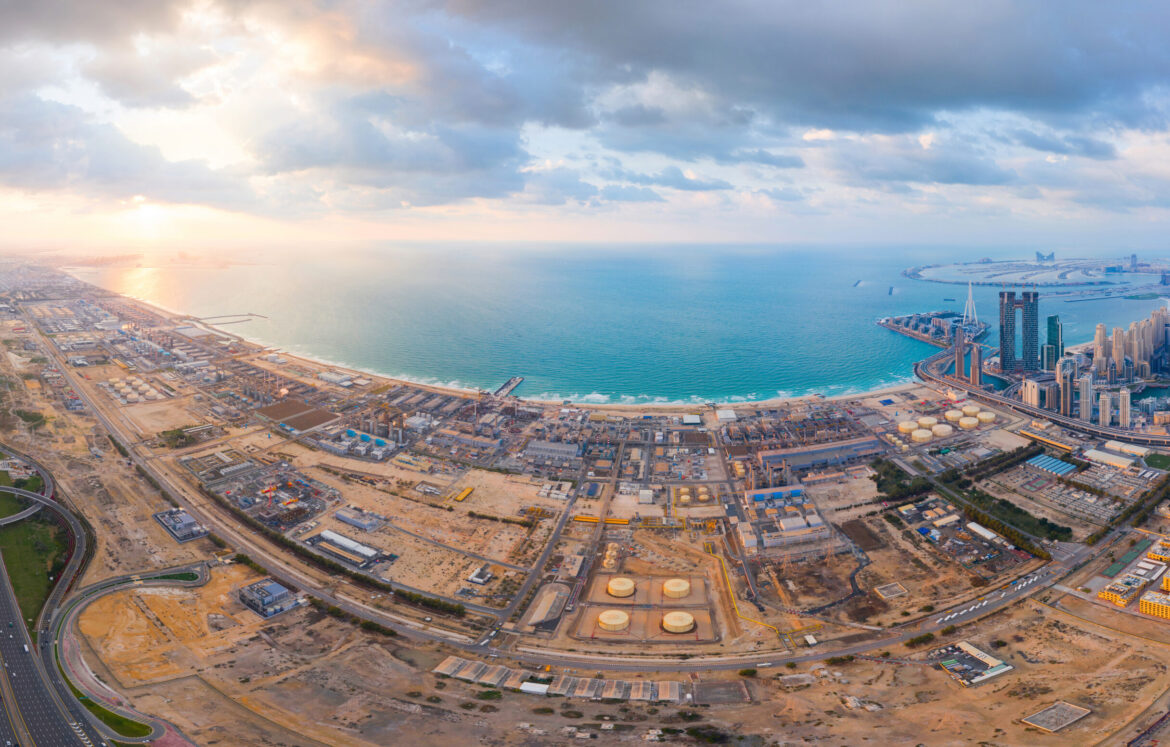
When most people think of Dubai, images of futuristic skyscrapers, luxury shopping, and man-made islands immediately come to mind. But beneath the glittering veneer of this ultramodern metropolis beats the heart of a rich Bedouin heritage and Islamic culture that offers travelers a fascinating journey through time. My week-long exploration of Dubai’s cultural side revealed a city proudly balancing tradition and innovation.
First Impressions: Where Past Meets Future
Landing at Dubai International Airport at dusk, I was greeted by the city’s iconic skyline silhouetted against a deep orange sky. The drive to my hotel in the Al Fahidi Historical Neighborhood offered the perfect introduction to Dubai’s contrasts—gleaming towers giving way to restored wind-tower houses built from coral stone and gypsum.
I chose to stay at a boutique hotel housed in a traditional Arabian home rather than one of the city’s many luxury high-rises. With its central courtyard, intricately carved wooden screens, and Middle Eastern furnishings, it immediately immersed me in the atmospheric charm of old Dubai.
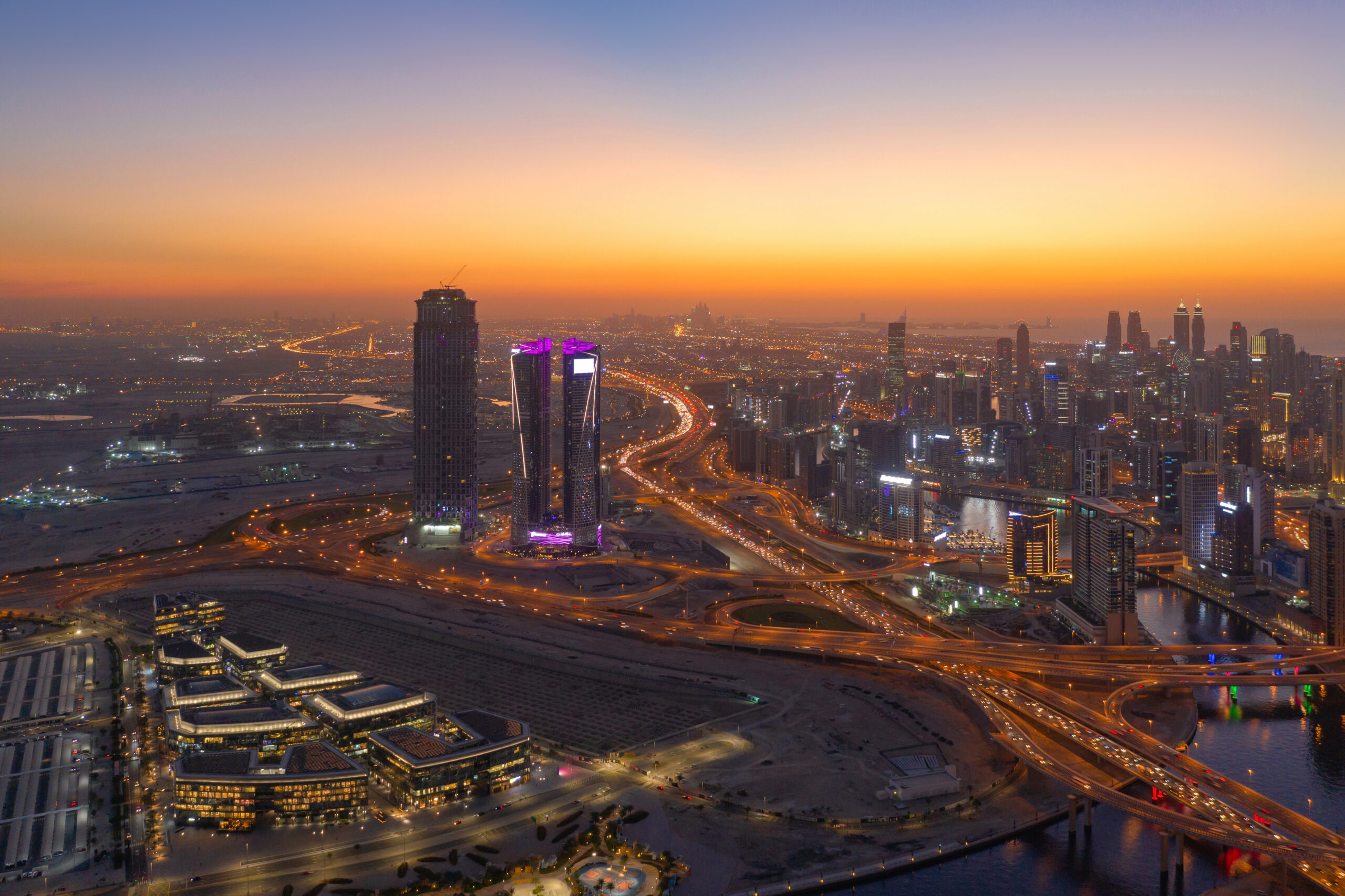
Navigating the Cultural Crossroads
My cultural journey began at the Sheikh Mohammed Centre for Cultural Understanding in Al Fahidi, where their motto—”Open doors, open minds”—perfectly encapsulates their mission. I joined a cultural breakfast hosted by an Emirati guide named Abdulla, who served traditional dishes like balaleet (sweet vermicelli with eggs) and chbaab (Emirati pancakes) while answering our unfiltered questions about local customs, religion, and daily life.
“Many visitors never meet an actual Emirati during their stay,” Abdulla explained, pouring Arabic coffee from a traditional brass dallah into tiny cups. “We’re only about 15% of Dubai’s population now, but we’re eager to share our heritage.” The coffee ritual itself was a lesson in tradition—accept with your right hand, never more than three cups, and gently shake the cup when finished.
The Soul of Old Dubai
Venturing deeper into Al Bastakiya (Al Fahidi Historical District), I wandered narrow sikkas (alleyways) between restored merchant houses dating back to the early 1900s. Many have been transformed into art galleries, boutique hotels, and cafés, yet retain their architectural character with wind towers (an early form of air conditioning) and intricate gypsum detailing.
At the Dubai Museum, housed in the 18th-century Al Fahidi Fort (the city’s oldest building), life-sized dioramas depicted pearl diving, desert living, and traditional professions that defined life before oil transformed the region. Most fascinating were the archaeological findings suggesting human settlements in the area dating back 5,000 years—a striking reminder that Dubai’s history extends far beyond its recent rapid development.
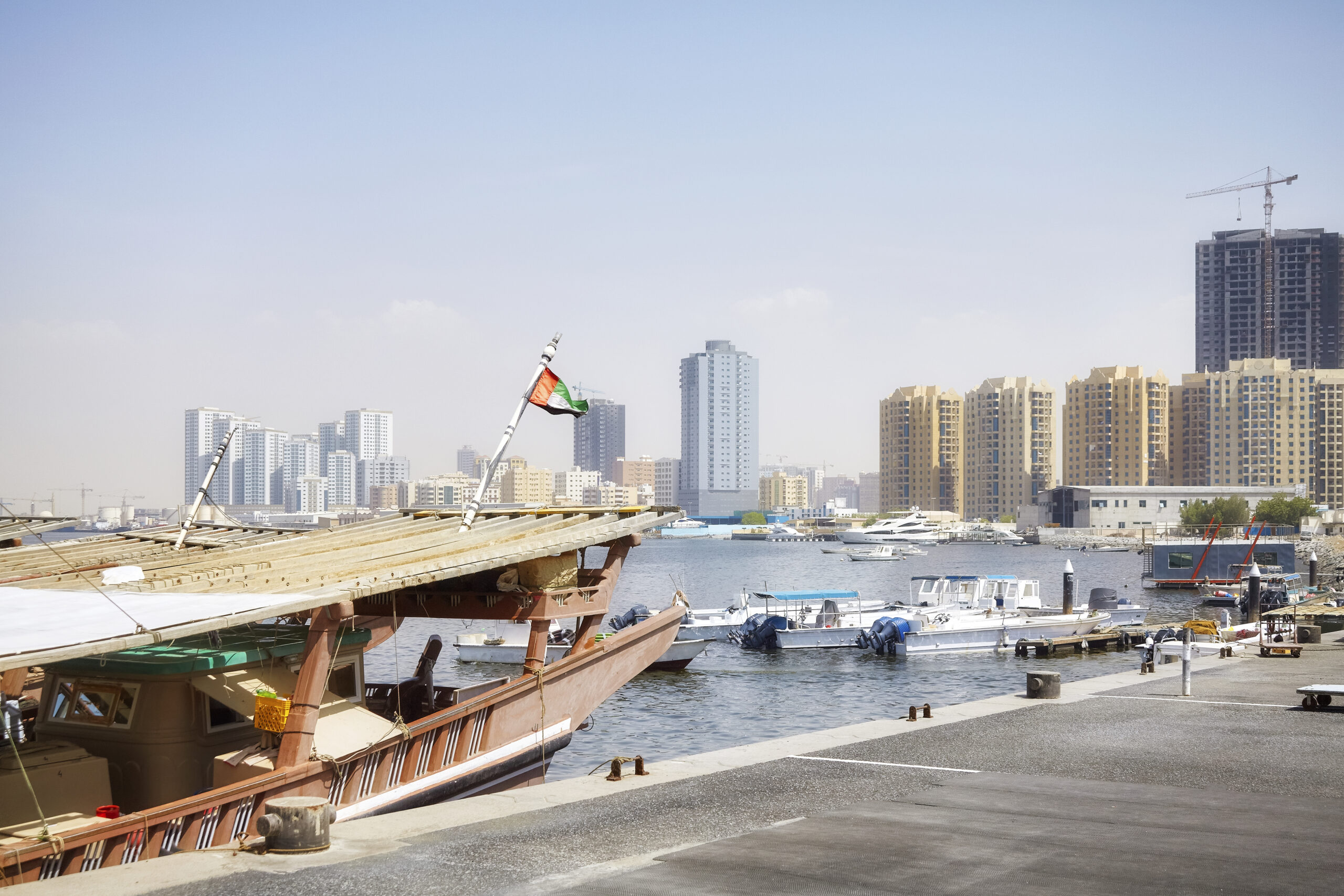
Across the Creek: The Heart of Commerce
I boarded an abra (traditional wooden boat) for the one-dirham crossing of Dubai Creek, the saltwater inlet that historically divided the city into two sections: Deira and Bur Dubai. The creek remains a bustling thoroughfare, with wooden dhows loading and unloading goods bound for ports across the Persian Gulf and beyond.
In Deira, I lost myself in the sensory wonderland of the traditional souks. The Gold Souk dazzled with window after window displaying intricate 22-karat jewelry, while the adjacent Spice Souk filled the air with the heady aromas of frankincense, saffron, dried rose petals, and exotic spice blends. Merchants called out invitations for tea and friendly bargaining—an age-old tradition that remains integral to the shopping experience.
“My grandfather sold spices from this same shop,” one merchant told me, scooping fragrant cardamom pods into a paper bag. “Dubai has changed around us, but some things stay the same.” He insisted I try machboos spice blend, essential for the local rice and meat dish, and explained proper etiquette for haggling—start at about 60% of the asking price, negotiating with respect and good humor.
Desert Traditions Under Starlight
No cultural exploration of Dubai would be complete without venturing into the desert that shaped Emirati identity. I opted for a small-group experience with a Bedouin guide rather than the more common large-scale “desert safari” operations.
As sunset painted the dunes in shades of gold and amber, our guide Mohammed demonstrated falconry, an ancient desert tradition now preserved as cultural heritage. “Before there were skyscrapers, there were falcons,” he explained, as his bird soared and dove with precision. “The relationship between man and falcon was essential for survival in harsh desert conditions.”
At his family’s desert camp, we sat on carpets around a fire while he prepared Arabic coffee and bread in the sand, using methods passed down through generations. Under a blanket of stars, he shared stories of Bedouin navigation, survival skills, and poetry traditions—the latter particularly treasured in Emirati culture. When he recited verses that had been composed by his grandfather, the timeless quality of the moment was profound.
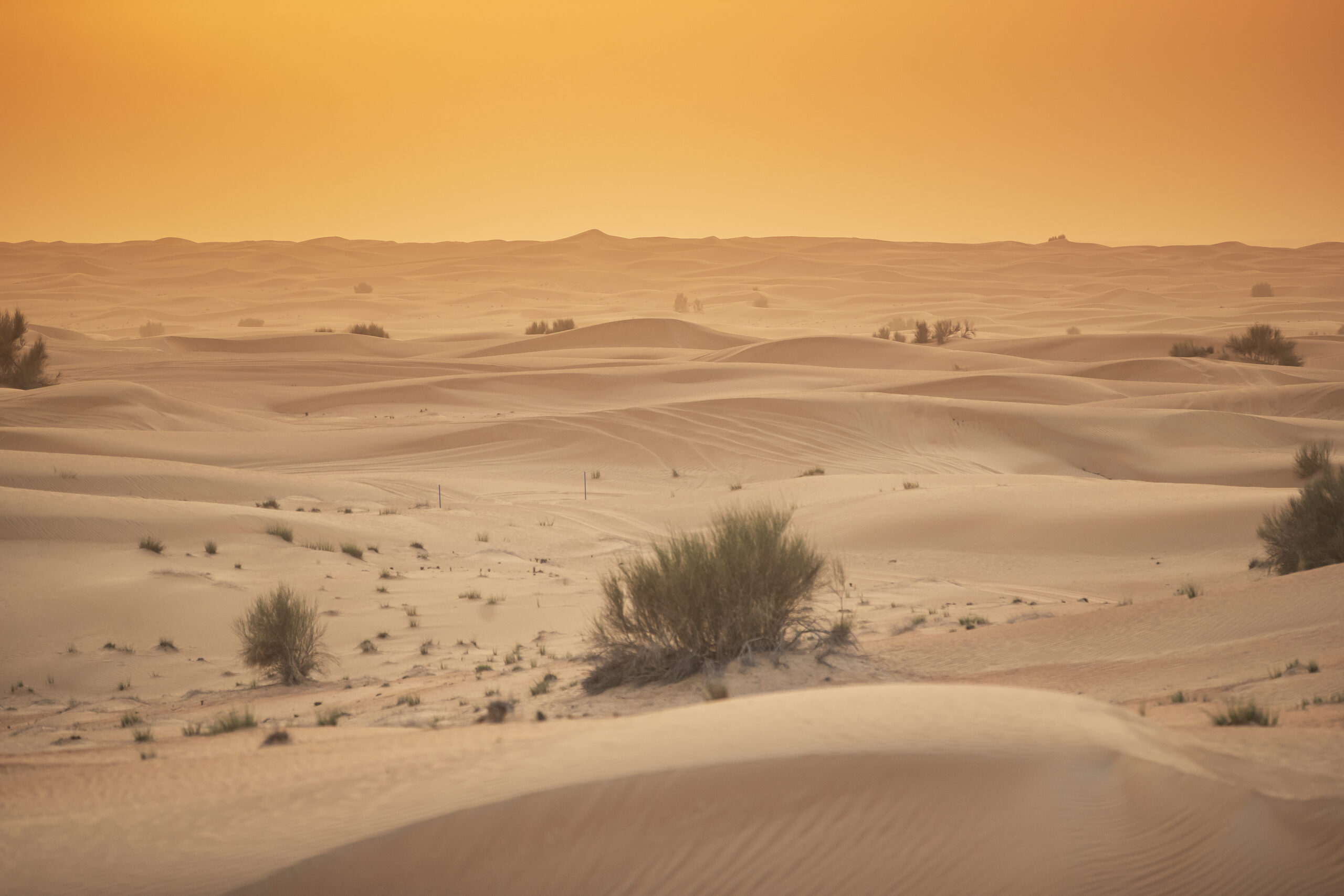
Sacred Spaces and Spiritual Insights
One of my most meaningful experiences came from visiting the magnificent Jumeirah Mosque, one of the few mosques in Dubai open to non-Muslims through guided tours. Our female Emirati guide thoughtfully explained Islamic practices while addressing misconceptions with patience and humor.
Inside the mosque, with its soaring domes and intricate calligraphy, she demonstrated prayer rituals and explained their significance. “Islam means ‘submission to God’ but also comes from a root word meaning ‘peace,'” she noted, inviting questions that sparked thoughtful discussion among our diverse group of visitors.
The nearby Dubai Frame—a 150-meter-tall golden picture frame—offered another perspective on tradition and progress. From one side, it frames the view of historic Dubai; from the opposite side, the view of modern Dubai—a perfect metaphor for a city bridging past and future.
The New Guardians of Tradition
What surprised me most about Dubai was meeting young Emiratis passionate about preserving their heritage while participating fully in global modernity. At the Al Shindagha Museum’s Perfume House, a young Emirati woman demonstrated the traditional art of creating fragrance, explaining how scent remains intrinsic to Arab hospitality and personal identity.
“My grandmother taught me to blend oils and ingredients for our family’s signature scent,” she explained, passing around samples of oud, saffron, and rose preparations. “Now I study chemistry at university to understand the science behind what she knew instinctively.”
Similarly, at a contemporary gallery in Alserkal Avenue—Dubai’s arts district housed in converted warehouses—I encountered artists incorporating traditional Islamic geometric patterns and calligraphy into cutting-edge digital installations and mixed media works.

Culinary Journeys Through Time
Food proved to be one of the most accessible windows into Emirati culture. At the Sheikh Mohammed Centre’s cultural lunch, I tried machboos (spiced rice with meat), salona (Arabic stew), and luqaimat (sweet dumplings drizzled with date syrup)—dishes that have sustained generations despite changing lifestyles.
For a more contemporary experience of local cuisine, I visited the bustling Al Seef district along the Creek, where modern restaurants serve refined versions of traditional dishes. At one establishment, the chef explained how camel milk—historically vital to Bedouin survival—now appears in everything from specialty coffees to gourmet ice cream.
Perhaps most memorable was joining an Emirati family for dinner through a home-hosting program. In their modern villa, three generations gathered around a central platter of machboos, eating communally with their right hands as is traditional. Between discussions of everything from marriage customs to favorite Netflix shows, I glimpsed the seamless way many Dubai families navigate between cultural preservation and contemporary life.
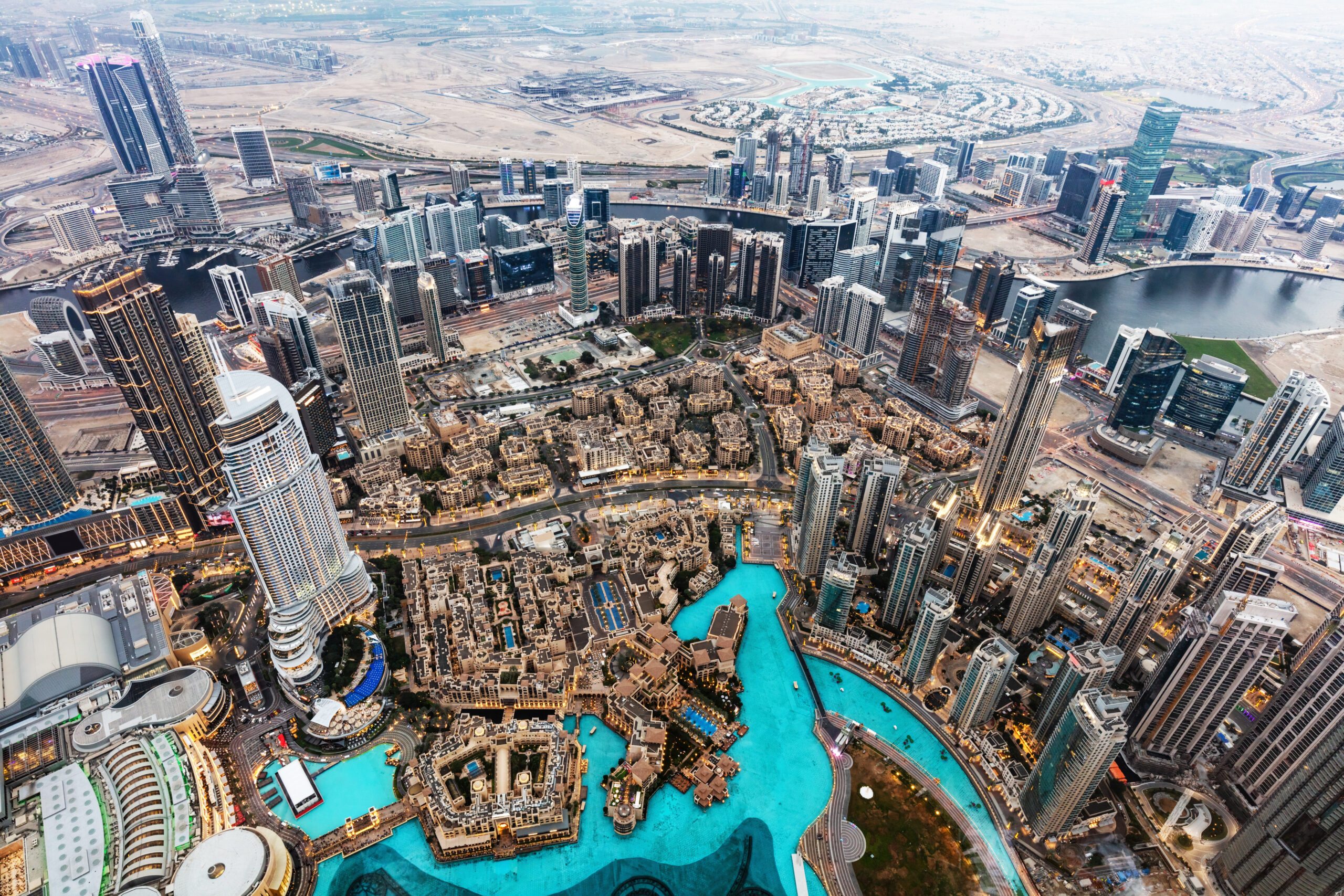
Final Reflections
On my last evening, I watched the sunset from a dhow cruise on Dubai Creek. As the call to prayer echoed across the water, mingling with the sounds of commerce and conversation, I reflected on how Dubai defies simple categorization.
While its architectural ambitions and luxury offerings capture headlines, the city’s soul resides in these cultural encounters—moments of connection that reveal how a traditional pearl-fishing village transformed into a global crossroads while keeping its identity intact.
Dubai reminds us that tradition isn’t static but evolving—a living heritage carried forward by people who value both their roots and their future. For travelers willing to look beyond the superlatives, Dubai offers profound insights into how a culture can embrace change while honoring its foundations.
Travel Tips:
- Best Time to Visit: November to March offers pleasant temperatures. Avoid summer months (June-August) when temperatures regularly exceed 40°C (104°F).
- Cultural Etiquette: Dress modestly in public places, especially religious sites. During Ramadan, respect fasting hours by not eating or drinking in public during daylight.
- Local Experiences: Book cultural meals at the Sheikh Mohammed Centre for Cultural Understanding in advance. Their programs sell out quickly.
- Transportation: Dubai’s Metro is clean, efficient and connects major attractions. For areas like Al Fahidi and the souks, a combination of Metro and abra boat crossings works perfectly.
- Language: While English is widely spoken, learning a few Arabic phrases like “shukran” (thank you) and “as-salamu alaykum” (peace be upon you) is appreciated.
- Museums: The recently expanded Etihad Museum and Al Shindagha Museum complex offer excellent insights into UAE history and Emirati heritage.
- Beyond Dubai: Consider day trips to neighboring Sharjah for its museums and cultural sites, or Abu Dhabi for the magnificent Sheikh Zayed Grand Mosque.









#Comments (5)
Barret3147
https://shorturl.fm/W6iKu
Addison3488
https://shorturl.fm/qu33p
* * * $3,222 payment available! Confirm your transaction here: https://redmak.com.tr/index.php?333qde * * * hs=9f74d376b49938e180db5b3b40047bcc* ххх*
00wbwd
yes008game
Yeah, checking out yes008game. Nothing crazy special, but solid gameplay. Runs smooth on my phone at least. Might keep it around. More here yes008game
salambet
Alright team, what’s the deal with salambet? Another betting site or something actually cool? Check it: salambet